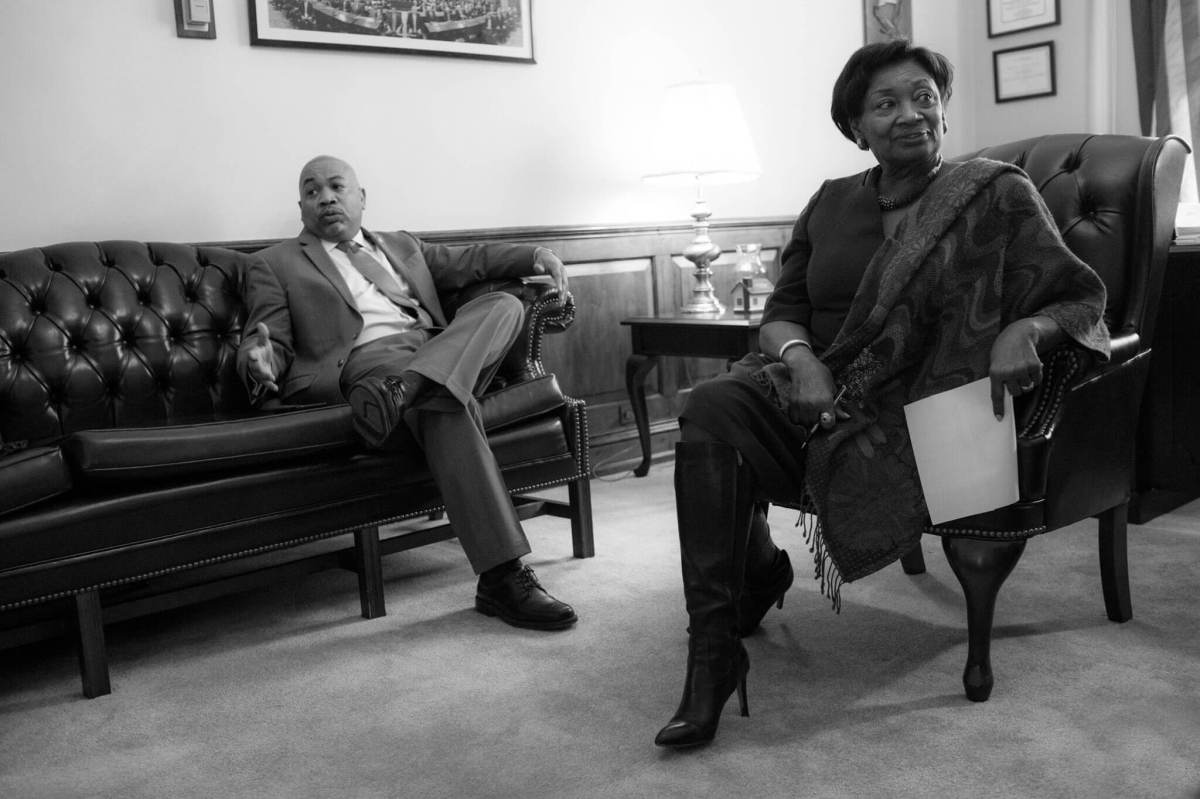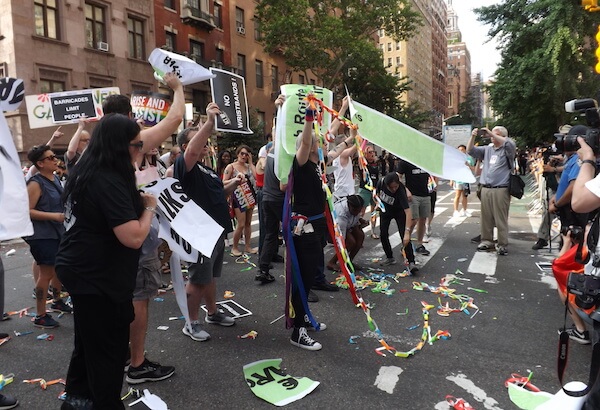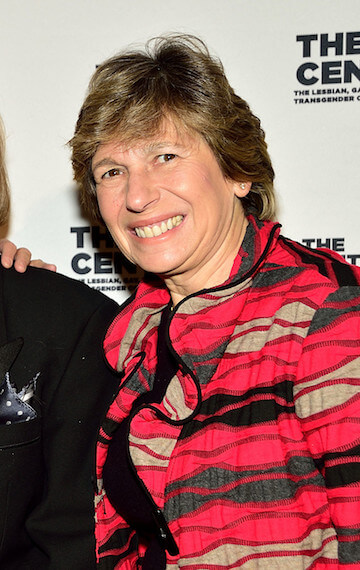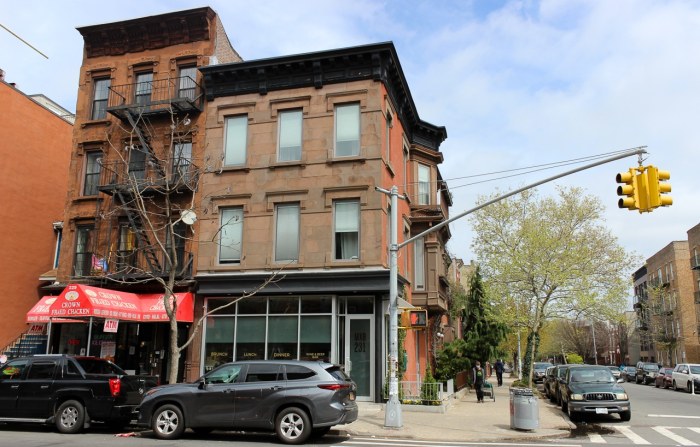One day after the New York State Senate appeared poised to renege on its commitment to bail reform, LGBTQ political groups from across the state issued a stern warning to elected officials: Do not compromise.
More than a half-dozen groups penned a letter on February 13 in response to the news, first reported by Newsday, that Democratic lawmakers were offering rollbacks to the recently enacted law, which went into effect in January and restricts judges from setting bail for most misdemeanors and non-violent felonies. The law also stipulates that judges should not weigh defendants’ past criminal record, but rather whether they are likely to return to court for trial.
The wavering Democrats in the Senate vow to continue the bar on cash bail, but are looking at ways to give judges more power to decide whether to release an individual waiting for trial and to expand the number of crimes that can be used to justify holding a suspect. Other changes could also be looming, per Newsday, such as giving prosecutors more time to submit discovery evidence to defense attorneys. The concessions follow intense backlash from conservatives and police unions during the time since bail reform instituted.
The Stonewall Democratic Club of New York City, the Jim Owles Liberal Democratic Club, Lambda Independent Democrats of Brooklyn, the Lesbian & Gay Democratic Club of Queens, New York City Pride and Power, which serves the Black and Latinx communities, the Hudson Valley Stonewall Democrats, and the Stonewall Democrats of Western New York were quick to condemn those leading the effort to compromise on the reforms, stressing that the criminal justice system disproportionately affects queer individuals — especially LGBTQ communities of color.
“Pre-trial detention puts lesbian, gay, bisexual, transgender, queer, and gender non-conforming people at risk,” the letter stated. “Like other marginalized populations, LGBTQ individuals often are disproportionately criminalized, and unable to pay bail, forcing them to face jail time. In jail, they face horrific abuse, assault, and even death. LGBTQ people are also held in immigration detention due to low-level criminal convictions. To avoid jail time, LGBTQ people make plea agreements which further entrap them into further arrests and incarceration, and for LGBTQ immigrants, even deportation.”
Layleen Xtravaganza Cubilette-Polanco, a transgender woman being held on Rikers Island because she could not afford the $500 bail set in her case, was found dead in her “restrictive housing” cell last June after a seizure caused by her epilepsy, a condition authorities knew she had.
Speaking directly to state lawmakers, the clubs’ letter continued, “We call on the New York State legislature to recognize the intersection of advancing a more just legal system with our broader LGBT rights movement. During this heightened political moment, we need our elected leaders to stay the course and we remind them that the Stonewall rebellion was resistance to a carceral state, which attempted to over-police our communities.”
While Senate Majority Leader Andrea Stewart-Cousins of Westchester was quoted by Newsday as defending the rollbacks, saying that the proposed change “gets to the heart of the issues and that it is still progressive,” Assembly Speaker Carl Heastie of the Bronx stressed that it is important to give bail reform a chance before rushing to conclusions. He has been critical of media outlets sensationalizing stories in ways that perpetuate fear about bail reform.
The Legal Aid Society, Bronx Defenders, New York County Defender Services, Brooklyn Defender Services, and the Neighborhood Defender Service of Harlem released a joint written statement saying that they “adamantly oppose” any changes, arguing that the new proposal would amount to “creating a much more regressive system for pre-trial detention… If enacted, this proposal would dramatically increase the number of people languishing in jail who are presumed innocent.”
LGBTQ groups ultimately hope New York, with proper reforms, can serve as a model for other states aiming to make similar changes.
“The nation is watching as this transformative bail and pretrial justice vision is put into practice,” the queer organizations noted in their letter. “The LGBTQ community nationwide will benefit from New York’s bold action if it is sustained.”


































